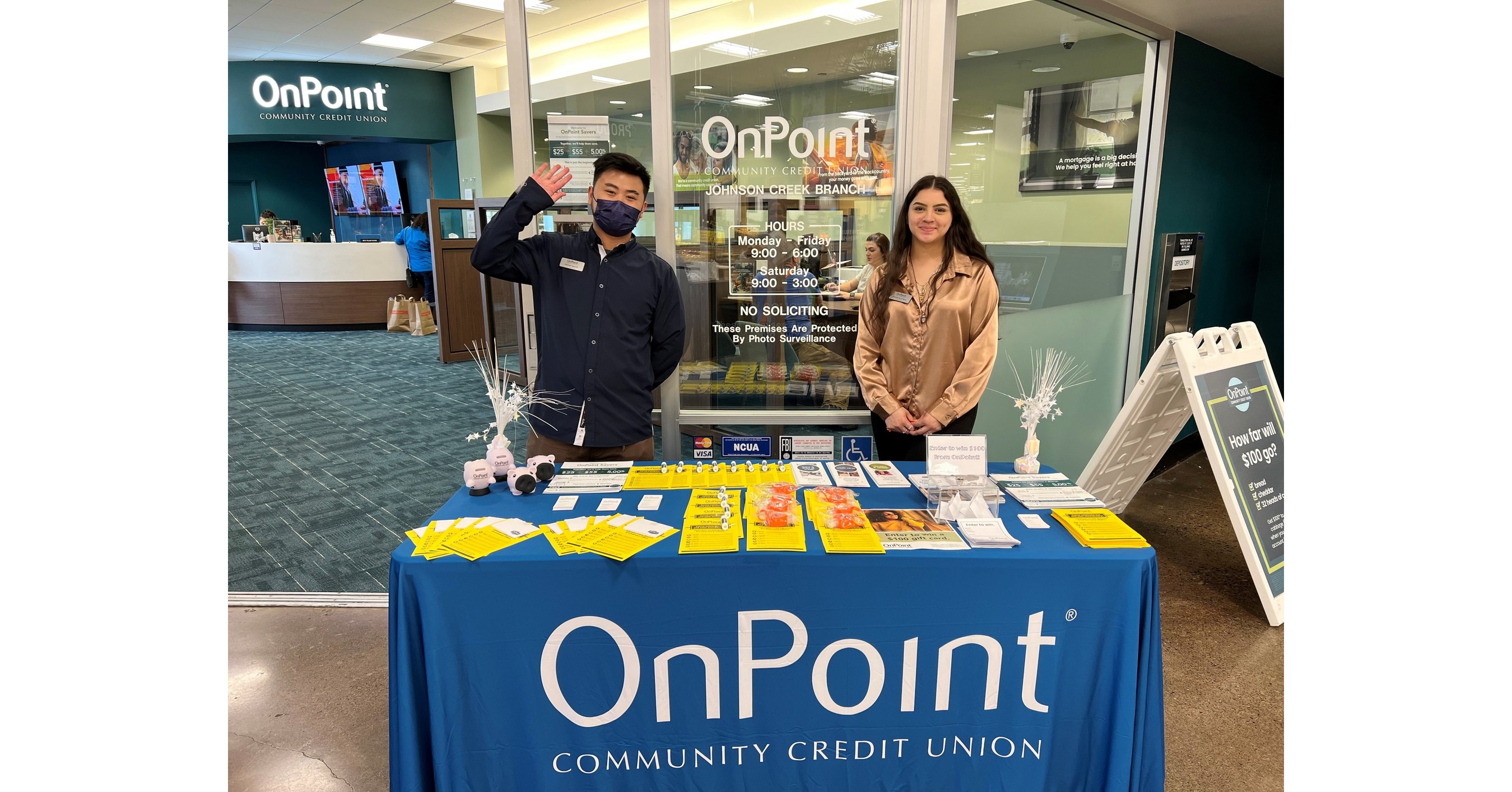The University of Austin, a new academic institution created by a group of donors and intellectuals unhappy with the increasingly left-leaning of English-speaking academia, was unveiled last week. Many professors at existing universities, including several who are not particularly leftist, were not impressed.
This is hardly surprising, and not just for political reasons. Incumbent operators generally do not welcome new entrants to a market. And the main challenge facing US colleges and universities is economic: an increasingly robust job market now competes with them for declining numbers of young people.
College enrollments have fallen 3.2 percent this year after falling 3.4 percent last year. Part of this concerns the pandemic, with some potential students put off by the risks of university life and others unwilling to abide by the health rules that many schools impose on their students. But registrations have been declining, albeit more gradually, since 2012.
To a large extent, this is a direct consequence of the American population pyramid. There are more people between the ages of 25 and 29 than there are between the ages of 20 and 24. Cohort 15-19 is even smaller, as are cohort 10-14, cohort 5-9, etc. So, any turnaround in the supply of college-aged people in the United States will be in their twenties, and even that seems unlikely, as the fertility rate in the United States has fallen rapidly in recent years.
In other words: colleges are running out of customers. They are therefore preparing for a difficult future, even without new politically motivated competition.
The real blow to higher education, however, is a vastly improved labor market for workers with minimal experience. As much of the US economy is shattered by inflationary pressures and labor shortages, with many older workers choosing to retire rather than roll the dice with COVID-19, the employment ratio -population for teenagers has reached a level not seen since 2006 Soaring wages in the restaurant industry will continue to encourage young people to choose to earn money rather than go into debt.
And in a very large number of cases, it will be the right choice. The proof that a university degree is worth the time and expense is very strong. At the same time, around 40 percent of people who start studying for a bachelor’s degree do not graduate within six years. Some of these students end up graduating. But many end up going into debt because of incomplete courses, having obtained very little to improve their employment prospects.
Under these circumstances, there is little tension between a belief in both the enduring value of higher education and the notion that lower enrollment rates will be beneficial. The marginal student has a very low chance of graduating, and the marginal educational institution just isn’t doing a very good job of serving their clients.
In many ways, this asymmetry is the fundamental driver of America’s higher education problem: students only benefit if they graduate, while schools benefit as long as they continue to collect tuition fees. schooling.
Meanwhile, it is still true that it has never been cheaper or more convenient for someone who is truly curious to learn anything – whether it be the origins of Indo-European languages, monetary policy, or how to fix a dishwasher. Yes, the internet works better for motivated students than for marginalized students, but the end result is a squeeze of higher education in both directions. Those less interested in learning for itself have better options in the job market, while those more interested can take advantage of all the glories of technology.
The fact remains that declining national enrollment will force colleges of all political stripes to compete more to deliver real value to students. During the first decade of this century, college administrators could count on many customers, regardless of the quality of the product. Those days are over – and the country will be better for it.
 Xing Wu
Xing Wu



